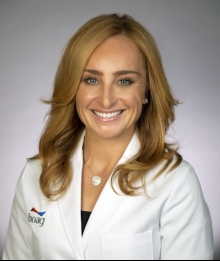Multiple Sclerosis & Neuroimmunology Program
520 Superior, Suite 350, Newport Beach, CA 92663
(949) 764-1850
- About
- Diagnosis
- Treatments
- Advances in MS Care
- Multiple Sclerosis Hope Center
- Meet the Team
- FAQs
Our Multiple Sclerosis & Neuroimmunology Program provides personalized care, advanced therapies, and compassionate support to help patients manage symptoms, slow disease progression, and live life to the fullest.
Hoag's Multiple Sclerosis & Neuroimmunology Program
At the Pickup Family Neurosciences Institute, we pride ourselves in offering a team of multiple sclerosis doctor and specialists who are dedicated to helping patients at any stage of their disease journey. This comprehensive and integrated approach to care lessens the burden of the disease on patients and caregivers. Because there is no cure for MS, ongoing medical treatment for multiple sclerosis is required and available for patients to maintain the best quality of life. Our team specializes in the assessment and treatment of patients affected by this disease based on the disease stage and their individual needs.
In addition to medication, our providers work closely with physical therapists, occupational therapists, dietary services, OB/GYN providers and gastrointestional providers. Working as a comprehensive team to manage your symptoms and slow down the progression of MS.
What Our Patients Are Saying
“Dr. Jassam is hungry, and that’s the kind of specialist you want,” said Brittany. “He is always researching up-and-coming technologies and treatments on my behalf while considering my own research and ideas as well. When it comes to managing my diagnosis, he leaves no stone unturned, which is so important because the symptoms of MS are always evolving, and though research has come a long way, why stop now?”







